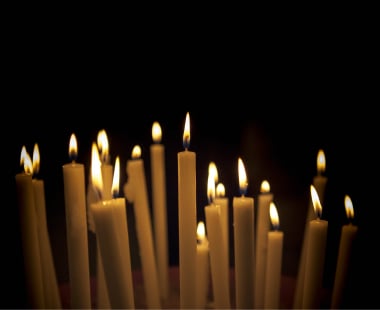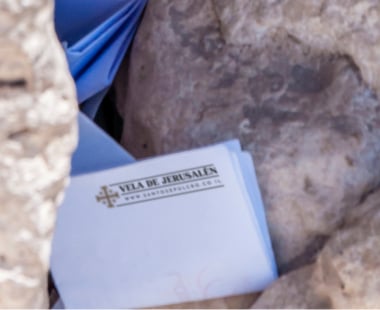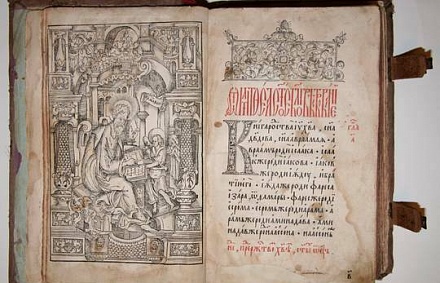Theophylact Bulgarian. Luke's interpretation
Luke 4:22. And all bore witness to him, and marveled at the words of grace that proceeded out of his mouth, and said, Is not this Joseph's son?
The people, listening to the speech of Christ, marveled at “the words of grace”; wondering, he mocked Him, saying: Is this not the son of the carpenter? Meanwhile, what prevented Him from being worthy of wonder and worship? Do you not see what works He does? Do you not hear what He speaks? Despite the fact that you make fun of His father? About them, just as justly, we can say: 'a foolish and unreasonable people, who have eyes, but do not see, which have ears, but do not hear' (Jer. 5:21). What does the Lord say to them?
Luke 4:23. He said to them: of course, you will tell me the saying: doctor! heal Yourself; do also here, in your country, what we have heard was in Capernaum.
'Of course, you will say to Me: ... do ... and ... in the fatherland' with His own the same miracles that he did in Capernaum. For this means: “doctor! heal Yourself. ' This was a common saying among the Jews, which they addressed to sick doctors.
Luke 4:24. And he said, Truly I say to you, no prophet is accepted in his own country.
But I tell you that I would have done many signs for you, My compatriots, but I know what is common and with all that happens passion is to despise even the most excellent deeds, as soon as they cease to be rare, but become common and ordinary, and when everyone can freely enjoy them. For people always have a custom to take care of the rare and strange and marvel at it, but to despise the common and the common. Therefore, no prophet is valued in his own country, but if he comes from some other country, they are surprised at him.
Luke 4:25. Truly I say to you, there were many widows in Israel in the days of Elijah, when heaven was shut up for three years and six months, so that there was a great famine throughout the whole earth.
Luke 4:26. and to none of them was Elijah sent, but only to the widow in Zarepta of Sidon;
Likewise, the widows of the Jews did not accept Elijah, but the lady of the saint received (1 Kings 17: 9-16).
Luke 4:27. there were also many lepers in Israel under the prophet Elisha, and not one of them was cleansed except Naaman the Syrian.
And Elisha cleansed a foreigner from leprosy, because this one showed faith to him (2 Kings 5: 8-14), while his acquaintances, his compatriots, did not believe him, and therefore did not purify themselves. In the same way, you, my compatriots, consider Me worthy not of surprise, but of contempt, and therefore I do not create signs either. The inhabitants of Capernaum consider Me worthy of astonishment, and I create signs and have been accepted by them.
Luke 4:28. Hearing this, everyone in the synagogue filled with rage
Luke 4:29. and they got up, drove him out of the city, and led him to the top of the mountain on which their city was built, to overthrow him;
Luke 4:30. but He, passing through the midst of them, withdrew.
Those who heard this in the synagogue were filled with rage, which is surprising, and thought to throw Him off the cliff. “But He, having passed in the midst of them,” left, not because, however, as if He was running away from suffering, but because He was waiting for a certain time. For He came to suffer for us; and now, when His preaching was still beginning, He should not have given Himself up to death, but then die when He had already taught enough. From this it is clear that when He was crucified, He was not crucified against His will, but voluntarily gave Himself to death.
Know that the fatherland of the prophets is the Jewish synagogue, where they are dishonored. Her prophets were not accepted, but we aliens accepted them. For the widow, that is, the church of the Gentiles, received Elijah, that is, the prophetic word, when there was a spiritual hunger in Judea, that is, the hunger for “hearing the word” of God (Amos 8:11). The prophet says about this widow: “the one who was forsaken has many more children than the one who has a husband” (Isaiah 54: 1), and in another place: “even the barren one gives birth seven times, but the one with many children is exhausted” (1 Samuel 2: 5).




